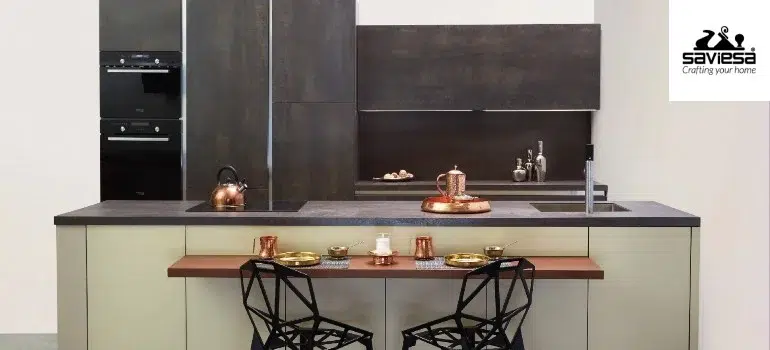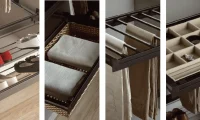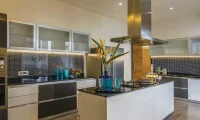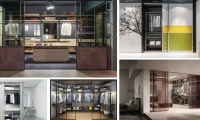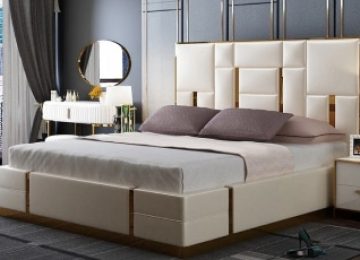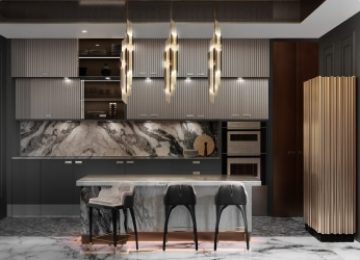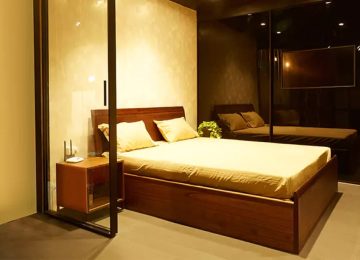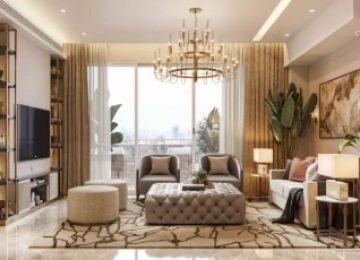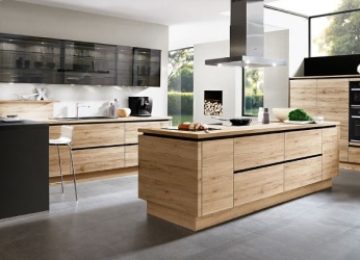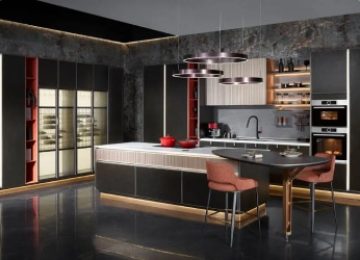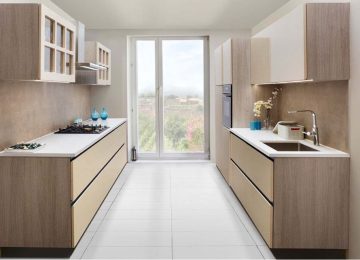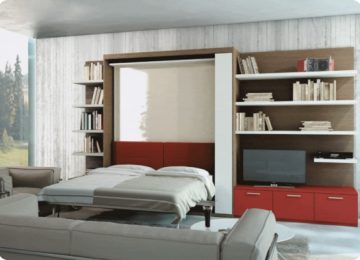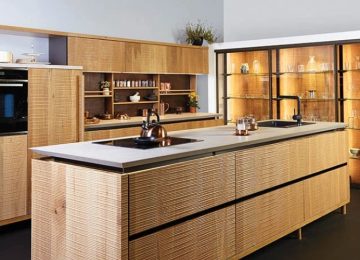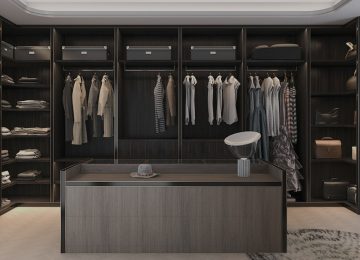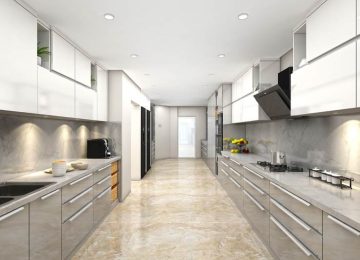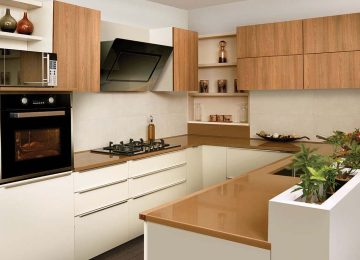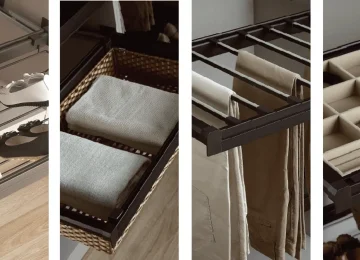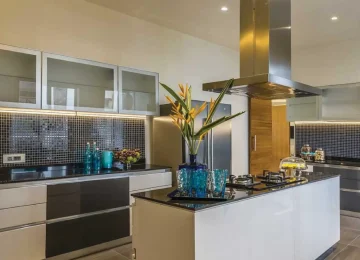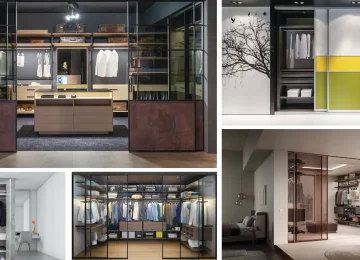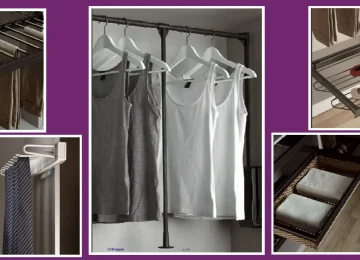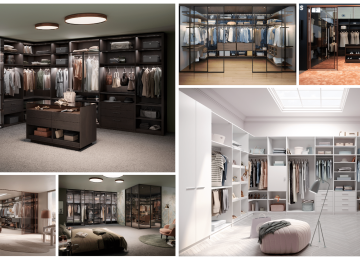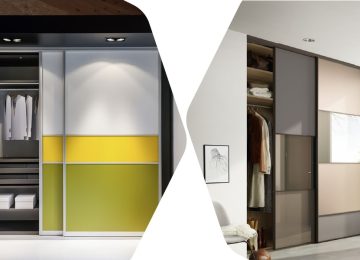The kitchen is the heart of any home, and a well-designed kitchen not only enhances the aesthetics of your living space but also contributes to the efficiency and functionality of your daily cooking and meal preparation. Modular kitchens have gained immense popularity recently due to their stylish, space-saving, and highly functional designs. Suppose you’re a beginner looking to understand more about modular kitchen designs. In that case, this guide is tailored to provide you with a comprehensive understanding of modular kitchens’ benefits, key elements, and essential considerations when planning one for your home.
What is a Modular Kitchen?
A modular kitchen is a contemporary design concept that involves assembling various pre-made modules or units to create a fully functional kitchen. These kitchens typically include cabinets, drawers, shelves, and other storage solutions. The best modular kitchen design is known for its flexibility and the ability to adapt to different kitchen sizes and layouts, making them suitable for small and large spaces.
Benefits of Modular Kitchens
- Space Efficiency: Modular kitchen designs maximize the use of available space. The various modules can be customized to fit your kitchen’s layout and make the most of every nook and corner.
- Aesthetic Appeal: These kitchens offer a unique and modern appearance, with a wide range of designs, colours, and finishes, allowing you to align your kitchen with your home’s overall look and style.
- Easy Maintenance: The materials used in modular kitchens are often accessible to clean and maintain, making them ideal for busy households.
- Organization: Modular kitchen designs incorporate numerous storage options, such as pull-out cabinets, shelves, and drawer organizers, which help keep your kitchen clutter-free and well-organized.
- Quick Installation: Modular kitchens are simple to install, reducing the disruption to your daily routine during the renovation process.
Critical Elements of Modular Kitchen Designs
- Base Cabinets: These modules serve as the foundation of your kitchen and provide storage for more oversized items and appliances. They often come with adjustable shelves and pull-out trays for easy access.
- Wall Cabinets: Mounted on the walls, these cupboards offer additional storage space for items like cookware, glassware, and condiments. Glass-front cabinets can be used to display decorative or unique items.
- Tall Units: Tall units or pantry cabinets store groceries and kitchen supplies. They can be customized with pull-out racks or pull-out baskets for easy access.
- Countertops: The countertop is a crucial element of a modular kitchen. Popular choices include granite, quartz, and laminate surfaces, each with its benefits in terms of durability and aesthetics.
- Drawer Systems: Modern modular kitchens often include drawer systems with soft-closing mechanisms for smooth and noiseless operation. These drawers can be customized to hold utensils, cutlery, and kitchen tools.
- Appliances: Modular kitchens accommodate various kitchen appliances, including built-in ovens, microwave ovens, hobs, and chimneys. The integration of these appliances enhances the kitchen’s functionality and appearance.
Considerations for Planning a Modular Kitchen Interior Design
- Budget: Determine your budget for the modular kitchen project. When looking for modular kitchen designs with price, the cost can vary widely based on materials, finishes, and the complexity of the plan.
- Layout and Space: Assess your kitchen’s size and structure to decide on the arrangement of modules, considering factors like the work triangle (the relationship between the stove, sink, and refrigerator) and the placement of appliances.
- Materials and Finishes: Select materials for your cabinets, countertops, and backsplash that align with your style and budget. Popular choices include MDF, plywood, laminates, and natural stone for countertops.
- Colour and Aesthetics: Buy a modular kitchen with a colour scheme and design that complements your home’s interior. Depending on your choices, you can go for a contemporary, classic, or minimalist look.
- Storage Needs: Assess your storage requirements and customize the modules to accommodate your pots, pans, dishes, and utensils effectively.
- Lighting: Adequate lighting is vital in a kitchen. When choosing modular kitchen designs with price, opt for task lighting above countertops, under-cabinet lighting, and decorative fixtures to enhance the ambience.
- Professional Assistance: Consider consulting a professional kitchen designer or an interior designer specializing in modular kitchens. They can help you maximize your space and ensure the design meets your needs.
A modular kitchen interior design can transform your cooking and dining experience while adding a touch of modernity to your home. Understanding the basics of modular kitchen designs, including their benefits, essential elements, and considerations, is crucial for beginners to create a well-designed and functional kitchen space.
With Saviesa, you can gain a kitchen that not only meets your practical choices but also reflects your style and improves the overall appearance of your house. Our range of expertise lets you explore an array of the best modular kitchen designs so that you only achieve the finest of what you truly deserve. To buy a modular kitchen, contact Saviesa today.

